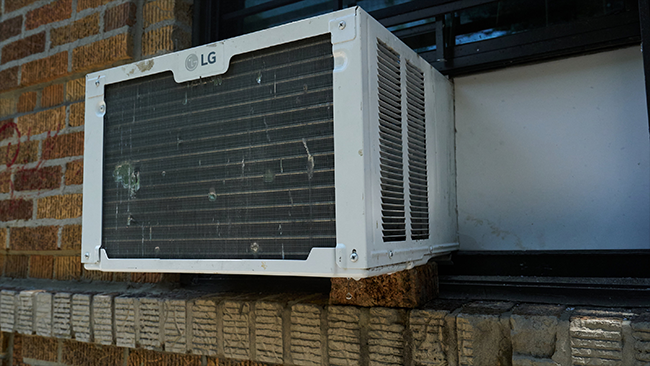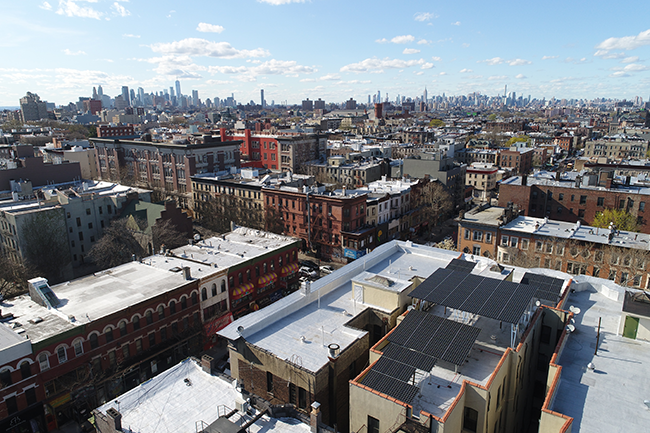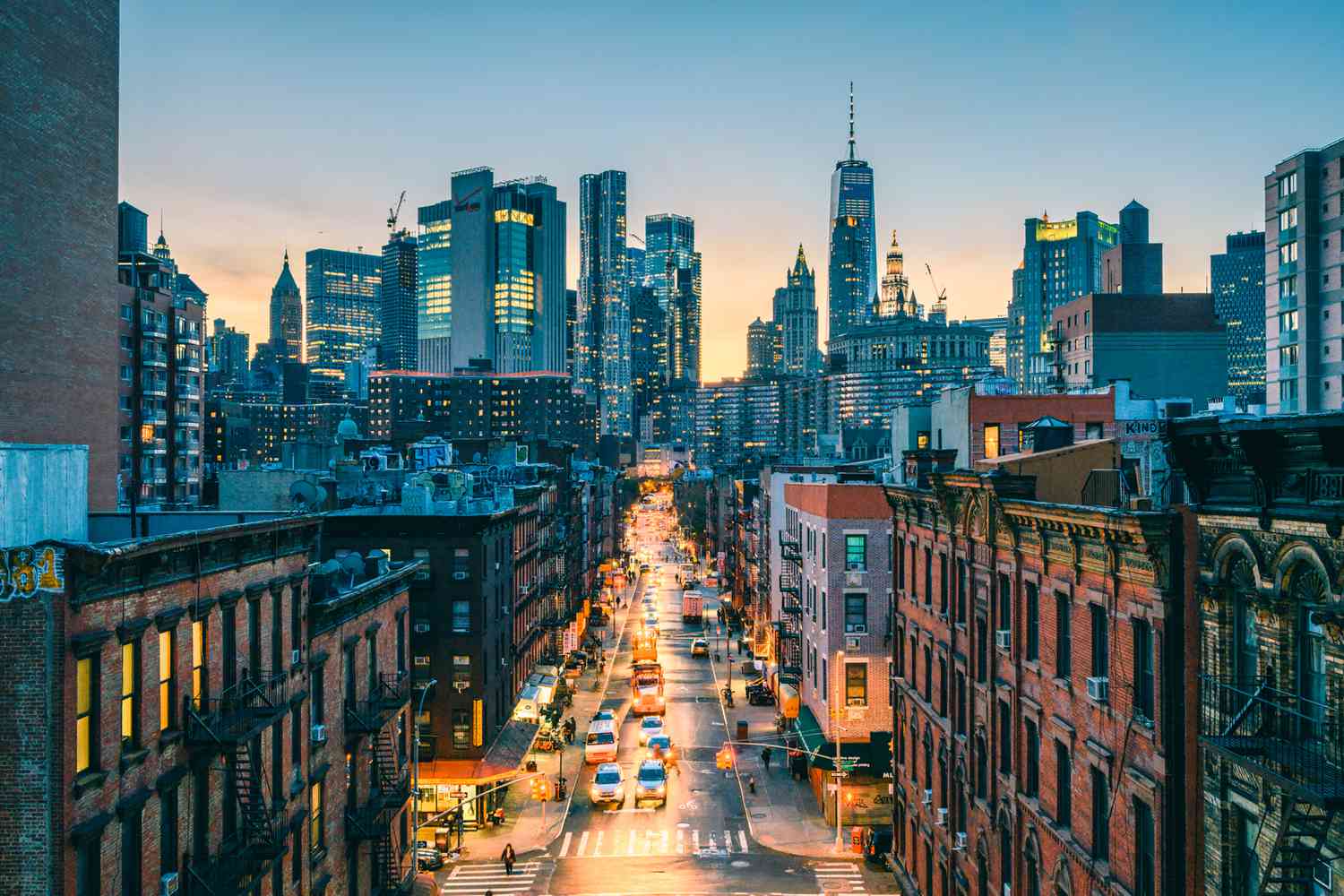
Summers are getting hotter, breaking records around the country and around the globe every year. And while NYC has long required landlords to provide a certain amount of heat in the winter months, when it comes to staying cool during the summer, renters who don’t qualify for the city’s free A/C program for low-income tenants are on their own.
In her most recent Solar Policy Newsletter, Solar One policy analyst Kate Selden included this info about how the city and state are responding to the ever-increasing temperatures:
“New York’s Department of Environmental Conservation (DEC) and NYSERDA recently released a summary of Extreme Heat Impacts in New York, along with an Extreme Heat Action Plan (EHAP) to address the dangers faced by New Yorkers, especially those in disadvantaged communities who bear the brunt of heat-related health risks. The plan focuses on coordinating efforts across agencies to mitigate the local impacts of severe heat events. Developed collaboratively with local organizers and 29 state agencies, the plan features 49 targeted initiatives such as creating community resilience networks, expanding access to cooling centers, installing backup power and storage at community institutions, and investing in cooling green infrastructure.”
According to City Council member Lincoln Restler, who introduced a bill this week to mandate cooling standards for rental units, the lack of air conditioning violates the city and state rule for “safe and habitable housing”. Every year, about 350 New Yorkers die from the effects of extreme heat, and that number is likely to increase as climate change continues to warm the planet. (Full disclosure: CM Restler now represents the same Brooklyn Council district that Solar One CEO Stephen Levin represented from 2010-2021.)
50 years ago, most New Yorkers didn’t have air conditioning and while heat waves during the summer were certainly not unknown, summer nights were cooler and generally brought some relief (along with hydrant sprinklers, Good Humor bars and hanging out- or even sleeping- on rooftops, stoops and fire escapes). Thanks to climate change, summer nights are nearly as hot and muggy as summer days, and will certainly get hotter in the years to come.
Currently, if a rental unit includes an air conditioner when a tenant moves in, the landlord is required to maintain and replace the unit, and probably even if the Council bill passes, most New Yorkers who can afford it will continue to choose and buy their own window units and take them when and if they move. For low income New Yorkers, A/C units won’t be much help without electric bill subsidies to help pay for the extra electricity they’ll use. CM Restler says a bill to address that will be forthcoming if his measure passes.
Landlords who are already contending with complying with Local Law 97 are naturally less than thrilled with the prospect of needing to provide air conditioning while also lowering CO2 emissions, and there’s abundant irony in needing to use more electricity to counteract the effects from the fossil fuels we’ve been using to generate electricity for the past century. Yet most climate scientists acknowledge that air conditioning is going to play a big role in creating a livable future in a warming world.
If you’re interested in solar and energy policy issues, you can sign up for Kate’s newsletter here.
To find out more about CM Restler’s bill, check out this article on the NY Times website here.

